Not many companies in the history of the world can make the boast that they’re worth half a trillion dollars or the equivalent. But this week Amazon joined the club along with Apple, Alphabet and Microsoft. And that might catapult Amazon CEO and Founder Jeff Bezos to becoming the richest man in the world
Since the start of 2016, the market capitalisation of Amazon has increased $146.3bn. If you want a comparison then consider that Wal-Mart is worth $235.4bn. Wal-Mart is the biggest retailer in the world.
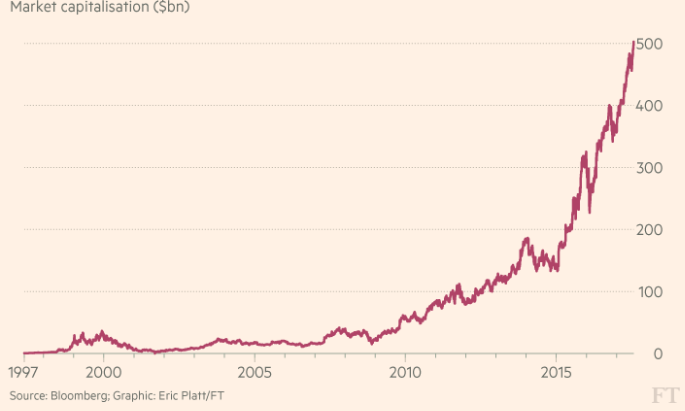 (From the FT.)
(From the FT.)
Two things spring to mind. There aren’t many obstacles in the way of Amazon’s future growth. The company already very effectively exploits the cloud with Amazon Web Services (which is massively profitable) as well as ecommerce. They operate as a marketplace and also as a retailer. They excel at fulfilment: indeed at heart Amazon is a logistics company. Whether it’s FBA or building the general delivery infrastructure (planes, airports, ships and warehouses) they make a point of investing and developing all the time.
Secondly, Amazon operates with a long horizon. Bezos famously said he thinks Amazon is a good place to fail. He wrote this in a letter to shareholders which represents a remarkable statement well worth resharing as Amazon hits the half trillion milestone. (You can find the full letter here.)
Bezos wrote: “One area where I think we are especially distinctive is failure. I believe we are the best place in the world to fail (we have plenty of practice!), and failure and invention are inseparable twins. To invent you have to experiment, and if you know in advance that it’s going to work, it’s not an experiment. Most large organizations embrace the idea of invention, but are not willing to suffer the string of failed experiments necessary to get there. Outsized returns often come from betting against conventional wisdom, and conventional wisdom is usually right. Given a ten percent chance of a 100 times payoff, you should take that bet every time. But you’re still going to be wrong nine times out of ten. We all know that if you swing for the fences, you’re going to strike out a lot, but you’re also going to hit some home runs. The difference between baseball and business, however, is that baseball has a truncated outcome distribution. When you swing, no matter how well you connect with the ball, the most runs you can get is four. In business, every once in a while, when you step up to the plate, you can score 1,000 runs.”
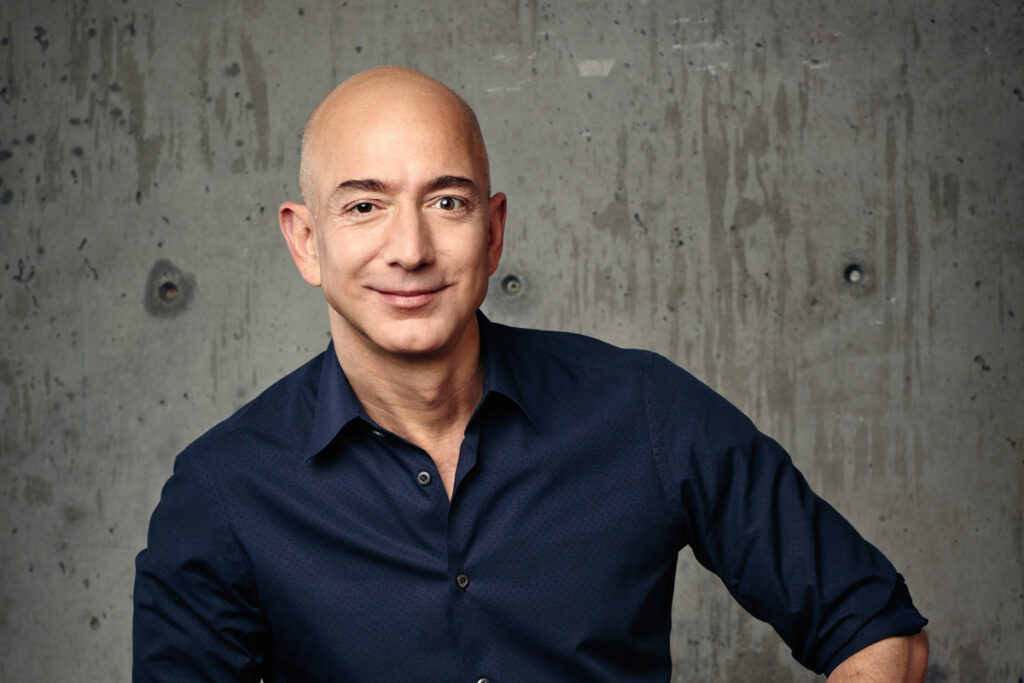
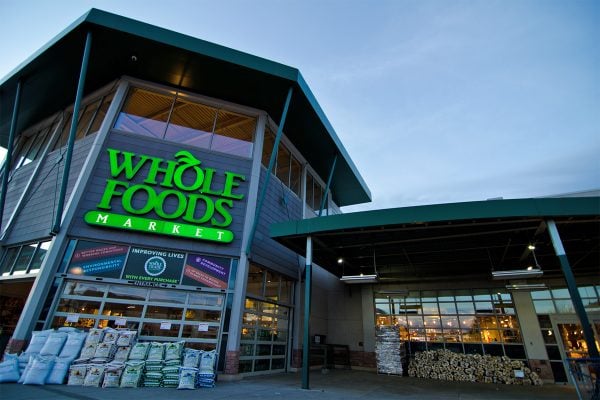
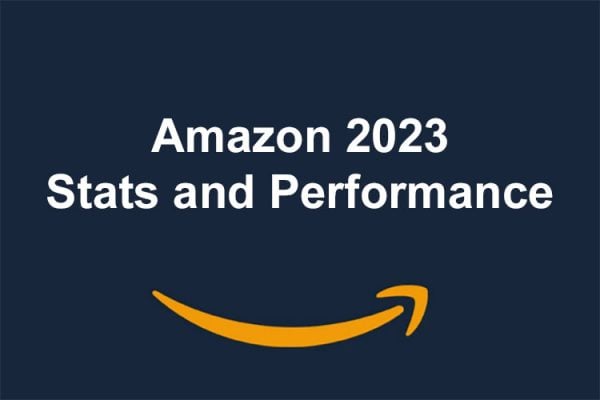
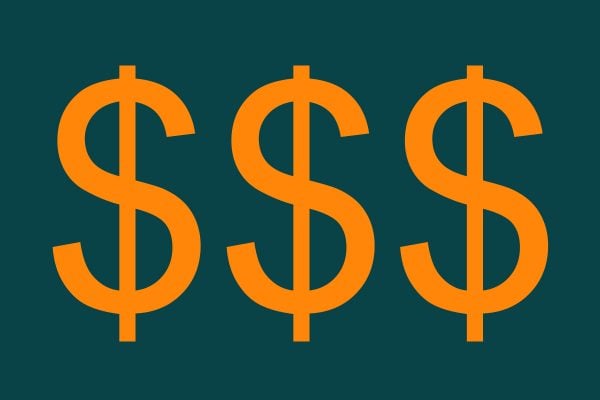


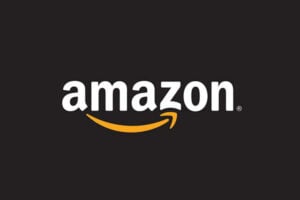


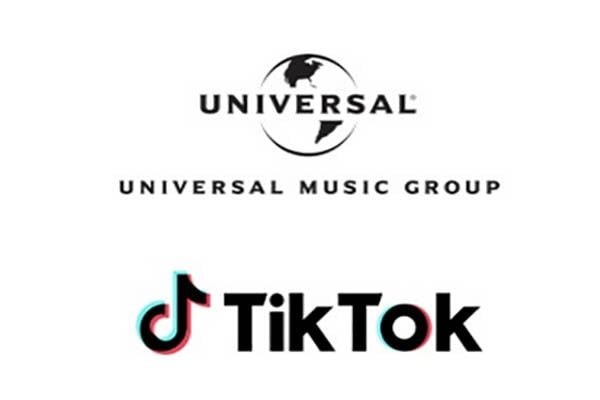

2 Responses
Ebay not so much
https://www.google.co.uk/amp/s/www.forbes.com/sites/jonathanponciano/2017/07/20/ebay-meets-on-earnings-but-slow-growth-disappoints-investors-shares-down-after-the-bell/amp/
They are a monster Amazon. Very innovative, we do not even want to sell on them this time of year but have been left with no choice it is where people are spending. After costs selling on Amazon is no good really.
They have created the perfect ONE stop shop, entertainment and instant shopping they are even after sports now (SKy watch out) . Our industry is being swallowed up by them as they undercut everyone even the big firms. We will be gone in a year we know this, but we have had a good run, so will many of the big firms, in fact one has just left the UK.
Where the likes of eBay have stood still and in many cases gone backwards, Amazon just keep innovating taking risk. Everyday they seem to be buying up this and that.
It will all come at a cost to society however.